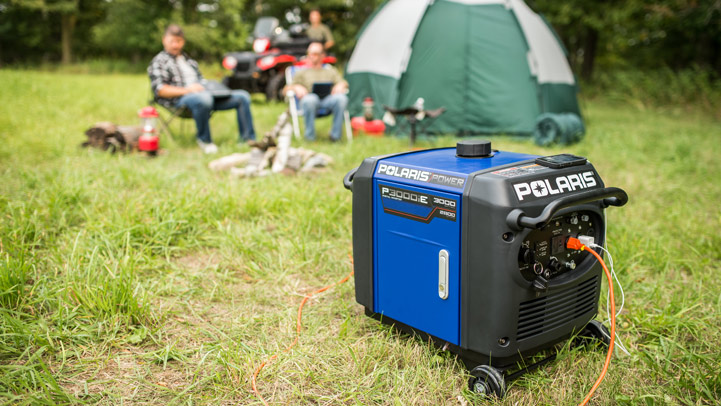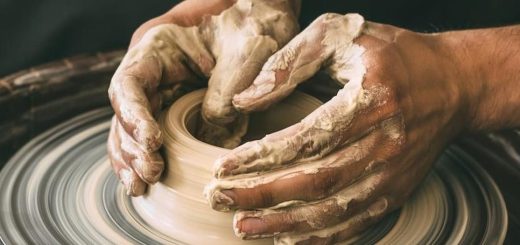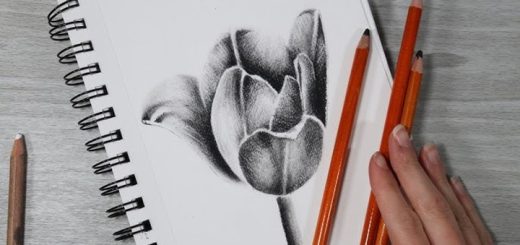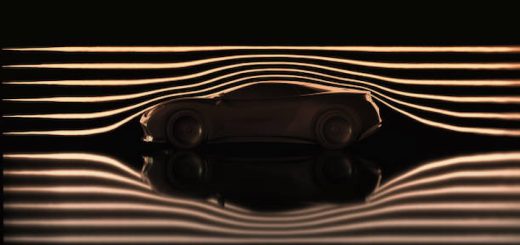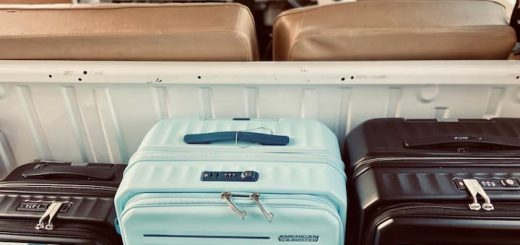How to Choose the Best Pool Filter to Keep Your Water Clean
A pool filter is a very important part of any swimming pool setup. Whether you choose to go with a traditional cartridge filter or you want something more modern like a sand filter, you need to have the right system installed to keep your pool working properly and ensure that the water is safe for you and your family to use at all times. But how do you choose the best one?
When shopping for a pool filter, it is not about which one is the least expensive. When browsing the wide array of pool filter for sale, you should look for one that will trap contaminants, be easy to clean and will last for years. In order to make the right selection for your pool, first, know your options. Generally, there are three types of filters to choose from: cartridge, sand and diatomaceous earth (D.E.) filters. Filtration rates and replacement frequency differ by type.
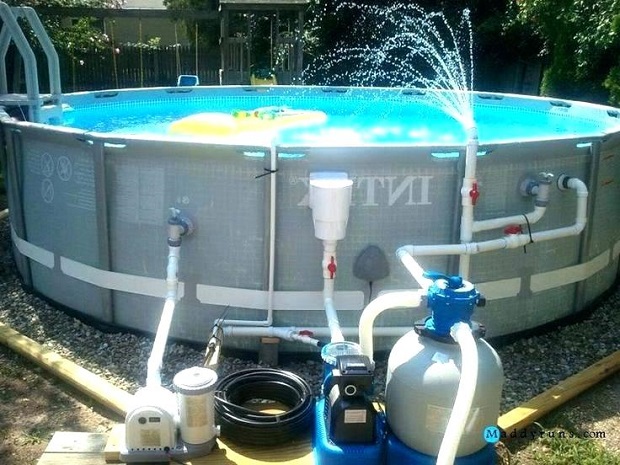
Sand Filters
If you want to spend minimal time on maintenance and are also on a budget, a sand filter may be the best choice for you. It is also an excellent option for large pools as it won’t clog as easily as other filters. All these benefits have made sand filters a popular option and today you can find a wide range of pool filter for sale. Easy maintenance, low cost, and the fact that they last from five to seven years are one of their biggest advantages. Plus, the filtration efficiency can be boosted with additives. Some of the disadvantages include waste of water during backwashing and decreased efficiency due to building pressure.
Cartridge Filters
Although these filters cost a bit more than sand filters, they are as just as easy to maintain and more effective – as long as you don’t have a huge pool. As the filter collects contaminants, rather than backwashing, you simply remove the cartridge from the tank and spray it with a hose to remove debris and dirt. No backwashing means less water waste. Another benefit to this filter is that it performs well at low speeds, such as with variable-speed pumps. The downside of cartridge filters is that they last only 2 to 3 years and require deep cleaning 1 to 2 times per year.
Diatomaceous Earth (D.E.) Filters
This is the most expensive and maintenance-intensive option but also the one able to filter the smallest particles of all three types of filters. Like sand filters, a pressure gauge on the tank will let you know when it’s time to clean your D.E. filter. Generally, these filters are backwashed just like sand ones.
In addition to type, you will also need to consider the size of the pump. A pool filter and a pool pump can’t work without each other. The filter can’t work without the pump to move the water through it. The filter also won’t work properly if the pump isn’t the correct size for your pool. The filter flow rate must be rated the same as your pump, or higher. With pool filters, it is best to go with the large size so it can handle the power of your pump.

